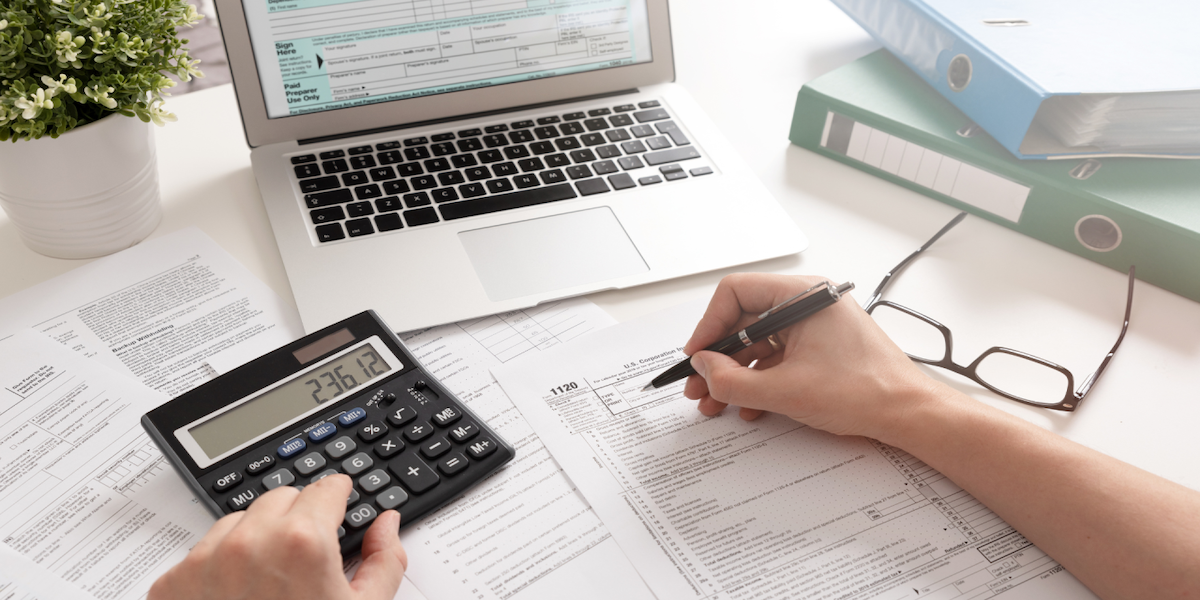3 questions you should ask your accountant/tax advisor and financial advisor when planning the sale of your business?
With the Autumn budget fast approaching, whatever approach the new government takes towards business and particularly SME companies and their owners, the issue of tax is likely to remain a hot topic for some time.
There are of course many aspects of your business and personal finances that you will need to consider in planning for the sale of your business and indeed your retirement. We thoroughly recommend you seek advice from your independent financial advisor (IFA) or a wealth management professional and your accountant and tax advisor.
Every business and every business owner’s situation are different, but here are a few questions you should ask?
- How much do I need for my retirement?
This will obviously depend on many factors, including your lifestyle and what you intend to do in retirement and what you would like to pass on in your legacy. Most financial advisors offer a lifetime financial planning tool which maps out your current and future expenditures along with your expected income from current earnings, pension income and windfall payments from the sale of your business. This can be a useful tool for determining how much you need.
Whilst you and we as business brokers will be seeking to achieve the optimum value and deal structure for your business sale, it will be helpful if you have a good understanding of how much you need to sell your business for. You may decide to build the business further for a few years in order to increase the value. On the other hand, if you are ready to sell your business, this understanding will enable you to be more comfortable during negotiations with a buyer with any decisions to hold firm on value or to be more flexible.
- How to optimise the tax payable on the proceeds?
Tax planning around the sale of your business does not necessarily need to be complicated, but as with anything in life you need to have a plan. For example, you’ll need to have a good understanding of the Capital Gains Tax (CGT) and Business Asset Disposal Relief (BADR) – formerly known as Entrepreneurs Relief – that will be charged/redeemed on the proceeds of the sale. The timing of when tax is payable on the proceeds is also important to understand particularly when a deal is structured with a portion of the deal paid over time post completion. It may also be worth looking out for any proposed increases in CGT and when the government might implement these changes.
As always, it is important to seek professional advice from your tax accountant.
- How to avoid proceeds being added to your estate for IHT?
Something to be aware of is that in most cases and for the moment, business assets fall outside of a business owner’s estate for Inheritance Tax (You should seek professional advice from your accountant on this), but when you sell your business, the proceeds can come back into your estate. There are however various solutions to this, keeping the proceeds of your business sale invested in business assets. We recommend you should speak to your financial advisor about and your overall financial situation.
We hope you find these tips on what to ask your accountants and financial advisors helpful, if you are planning the sale of your business.
If you would like to find out more on the process of selling your business and how much it could be worth, please do get in touch via the form below, or Contact Us on 020 8090 9380 or [email protected].

